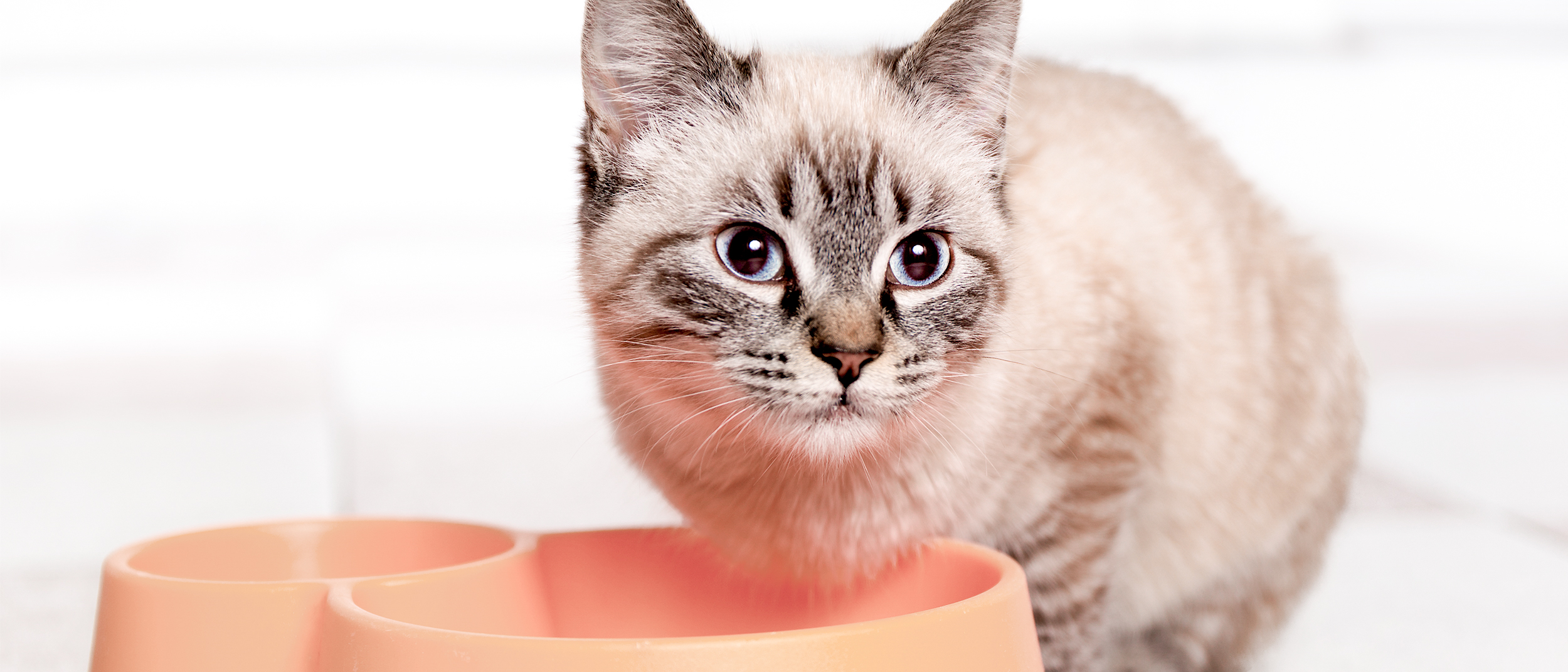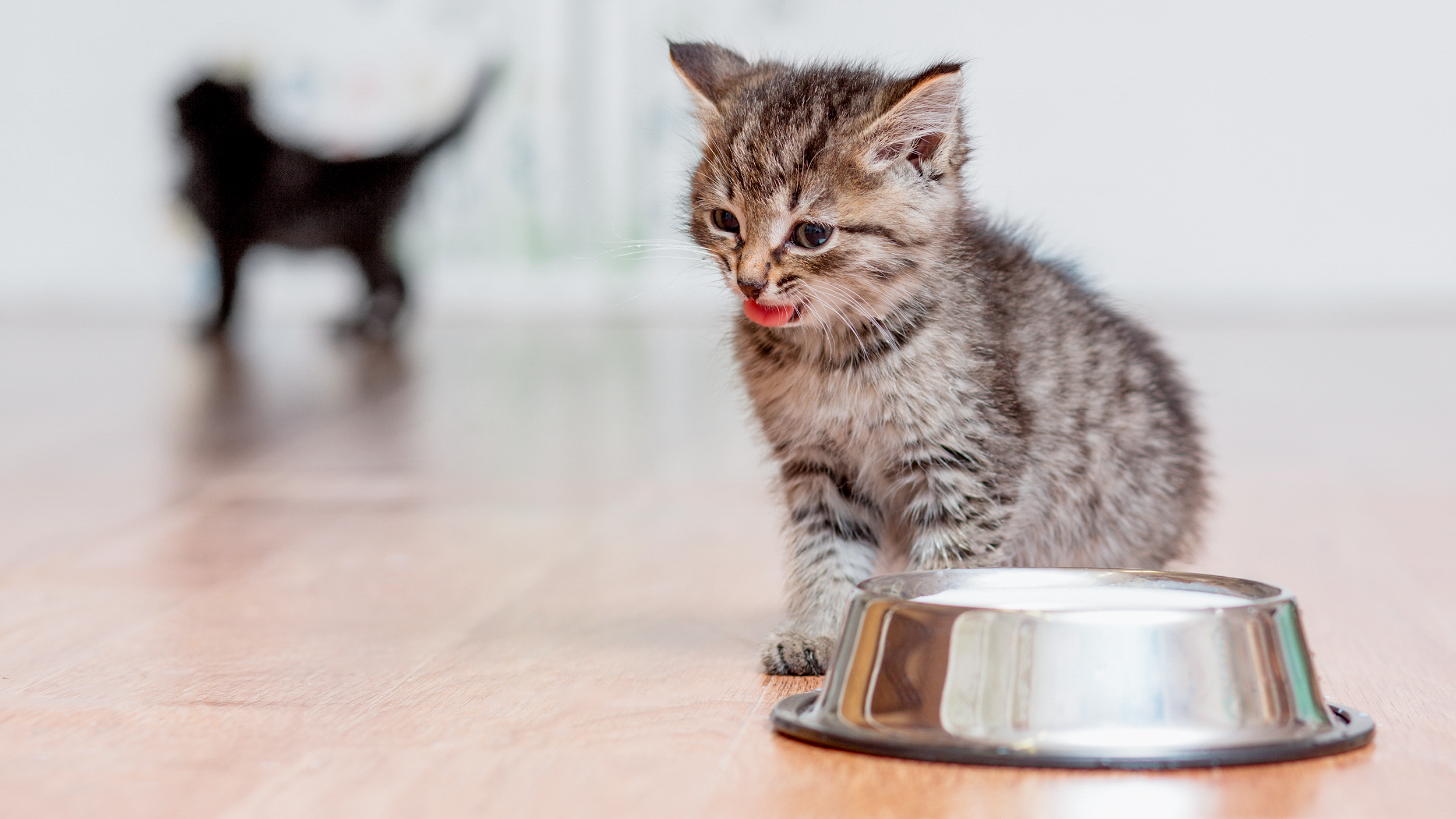What to feed kittens

In the first few weeks of its life, your kitten will exclusively feed on milk from its mother. But after that, it’s important to introduce your kitten to a nutritionally-appropriate food that will support its growth in that crucial first year.
What does my kitten need from its first food?
Your kitten will be growing rapidly in the first few months, and although growth slows after this time, it will still need the right nutrition to support the development of healthy organs, muscles and skeleton.
A precisely-formulated food makes sure your kitten has the exact nutrients it needs in the right amounts to provide the protein, vitamins, minerals and other elements which are essential to support healthy development.
As well as satisfying your kitten’s unique nutritional requirements, their first food should be suitable for their young digestive system and teeth. For cats, smell and texture of food is a bigger deciding factor than taste, but as kittens retain their milk teeth until four months old, it’s important you select one with an appropriately-sized kibble so it’s easy to chew. It is beneficial to introduce your kitten to wet food as it can have health benefits and may be difficult to introduce later in life.
From birth to four months, your kitten goes through an intense growth spurt that helps to build a strong skeleton and muscle mass. For this, they need protein and other key nutrients from their diet, such as antioxidants for immune system support.
Between four and 12 months, their growth slows but your kitten will still have a high energy requirement as they begin to explore their surroundings while their body continues to grow and they develop muscle mass. However, their digestive system is still maturing, so choose an energy-dense, highly digestible food which gives them everything they need.

Should you give kittens raw food?
Although there are perceived benefits to feeding your kitten a ‘raw food’ diet – that is, one that consists of uncooked meat mixed with other ingredients at home – it is important to understand the risks this may pose to your kitten's health.
Firstly, homemade food without specific, professional nutritional calculations does not guarantee the adequate balance of nutrients essential for growth. The majority of homemade preparations tend to be deficient in at least one of several key nutrients. Furthermore, a raw food can be contaminated by bacteria that can cause food poisoning.
When should I change my kitten’s food?
After four weeks, your kitten will begin to show an interest in solid food – normally its mother’s! From this point, you can rehydrate dry kibble in water or kitten milk to a softer consistency, and allow the kitten to smell, nudge and eat this.
If your kitten was a little older when they arrived at home, it’s best to stick to the food the original breeder or owner gave your kitten to prevent digestive upsets and unnecessary stress. When they’re settled, you can transition to a different food by mixing progressively larger amounts of the new food in with the old one over a period of seven days.
If you’re unsure about the best dietary option for your kitten, consult your veterinarian who will be able to advise you further.
Tailored nutrition for your kitten
Nutritional formulas that help to build your kitten's natural defences, support healthy growth, and aid in digestive system development.
Like & share this page